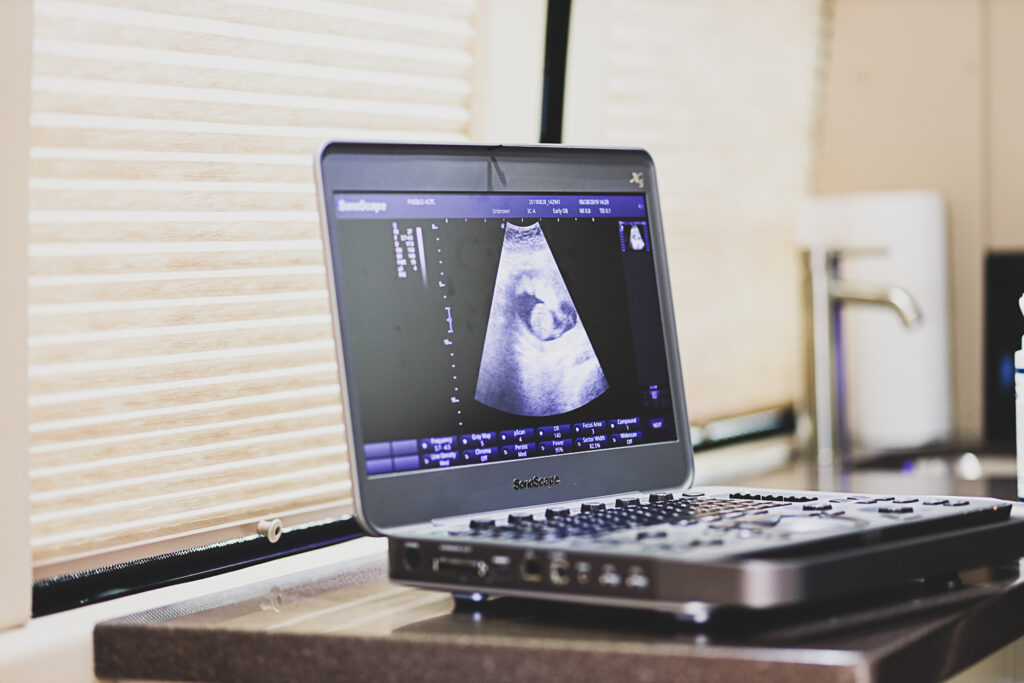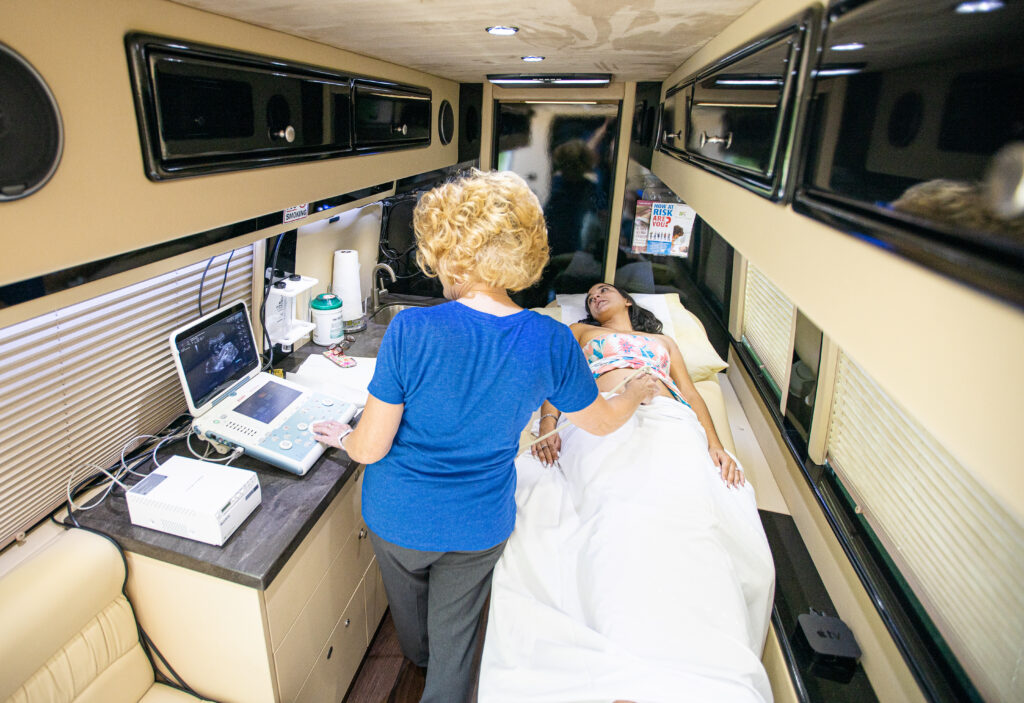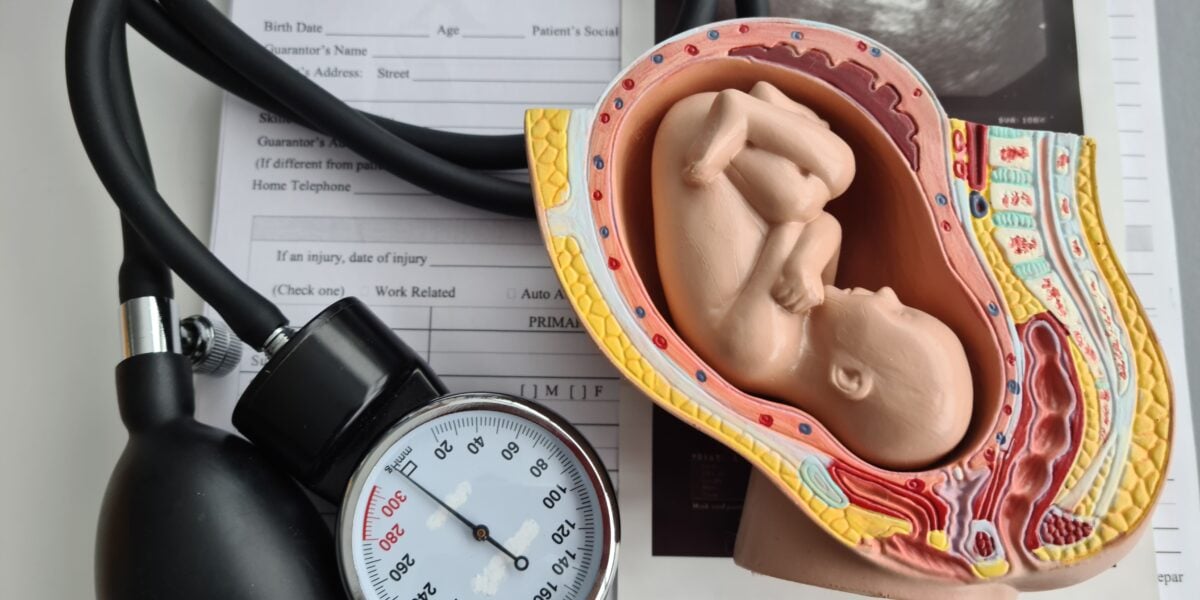Earlier this week the House of Representatives passed an important piece of legislation, the Pain-Capable Unborn Child Protection Act. It now faces an uphill battle in the Senate, where 60 votes are needed for passage. We believe it’s time for the Senate to act bi-partisanly on this issue, and here’s why:
First, the majority of Americans, especially women, support it.
A major objection to this bill is it’s “unpopular.”
While we don’t think the popularity of a bill should be the sole litmus test to determine whether the bill should pass, the claim that it is unpopular simply isn’t true. Sadly but not shockingly, those adamant about preserving the right to have an abortion on demand at any time have told a flat out lie here.
A Marist poll taken earlier this year revealed some interesting information about how Americans view abortion. You’d never know it by listening to the pro-choice leaning media, but a majority of Americans support restrictions on abortion:
- 77% of women support limiting abortion to, at most, the first trimester. 74% of all Americans also support this.
- 61% of women think it’s an important or immediate priority for government to restrict abortion in this way. 59% of all Americans agree.
- 59% of women, and 59% of all Americans say abortion is morally wrong.
This is key, because regardless of their own personal values, our elected officials are supposed to serve and act within the boundaries of the Constitution with the wishes of the people they represent in mind (and should base those decisions on science, truth, and reason).
If a majority of Americans support this type of legislation, it’s time for the Senate to act to pass this legislation.
At the end of the day, our elected officials shouldn’t answer to Planned Parenthood, NARAL, or any other member of the abortion lobby or any lobby over the voice of the people they represent. We applaud the leaders in the House who worked hard to make sure the bill passed there. Now we look to the Senate leaders to do the same.

Second, at 20 weeks, abortion is not medically required to save the life of the mother.
Another popular and frequent objection to this bill is the claim that abortion is sometimes necessary after 20 weeks to save the life of the mother in the face of medical complications. This also isn’t true, and it’s often because there isn’t time. If the mother’s life is in danger it typically means action has to be taken immediately to save her.
To perform an abortion at this stage of the pregnancy, the woman’s cervix has to be dilated over the course of several days so labor can be induced. Then Laminaria is placed inside her body to slowly open her womb and absorb fluid so her body can expel the baby. Then digoxin is injected to kill child and labor is induced to deliver the child stillborn.
If the mother’s life is in danger, typically doctors perform C-sections because it’s a much faster procedure. A C-section also allows the physician to try to preserve the life of the mother and baby. Anthony Levatino, a former abortionist, provides a more thorough explanation here.
If abortion advocates truly do oppose this bill because of concerns about women’s safety, this provision should help allay their fears. Women will be well cared for under the stipulations laid out by this legislation.
Third, the bill has important born-alive protections for the child.
Care was written into the bill for both the mother and the child. There are exceptions allowed for rape, incest, and life of the mother (not for psychological or emotional conditions). Ultimately, though, the bill aims to save the lives of both.
And if an abortion is attempted for one of the exceptions listed above and the baby is born alive, the bill requires the physician present “humanely exercise the same degree of professional skill, care, and diligence to preserve the life and health of the child as a reasonably diligent and conscientious health care practitioner would render to a child born alive at the same gestational age in the course of a natural birth.”
The bill also specifies that the abortion must be “performed by the method most likely to allow the child to be born alive unless this would cause significant risk to the mother.” At the end of the day, this bill is about preserving the life of the mother and baby when medically possible.
Fourth, the abortion providers, not the women seeking abortions, would be prosecuted.
Many opponents of the bill claim or imply falsely that women would be prosecuted for having abortions past 20 weeks if this becomes law. This is untrue. The reality is the bill specifically states that providers would face prosecution for performing the abortions.
The heart of the bill is not to criminalize abortion as we know it in America. The heart of the bill seeks to protect the lives of babies who can feel pain and could potentially survive outside the womb.

Which leads me to one of the most important points: Babies can feel pain.
While there’s debate about whether they experience pain in a psychological, metaphysical way, there is clear scientific evidence to prove they can feel pain physically. The science behind this is explained in great depth here and I would encourage those curious about that science to take a deeper look. The fact that babies can feel pain at 20 weeks is why doctors use anesthesia when they perform fetal in-utero surgeries; all pain receptors are fully developed by 20 weeks.
It’s ironic to me that pro-life people are often accused of not caring about science. But science is on our side all the time. Science has proven life begins at conception. And science has also proven babies feel pain at 20 weeks gestation.
If we truly care about science, we should listen to what it tells us and adopt humane solutions to the problem of unplanned pregnancy, not ignore it to promote a politically-charged agenda.
Lastly, this isn’t an extreme piece of legislation.
The House didn’t pass a bill to outlaw all abortions. It didn’t even pass a bill that would outlaw most abortions. In fact, Senator Joni Ernst stated it would protect up to 10,000 lives out of the 1.1 million that are aborted every year.
The fact that only seven other countries in the world still allow elective abortions at this point in the pregnancy also demonstrates how not extreme it is. Actually, when we’re in the company of countries like China and North Korea (two countries with unbelievable human rights violations), and the solution doesn’t have to be extreme, we should probably adopt that solution.
The outcry of opposition to this bill demonstrates one thing very clearly: The abortion lobby isn’t interested in abortion only for the sake of women’s life, or rape, or incest. This bill provides exceptions for all of those.
Rather, the “pro-choice” proponents only care about abortion on demand, for any reason, without apology. They use the facade of women’s health to hide their true agenda, but now it’s on display for all to see.
Science, logic, and majority opinion all agree this time. But the voice of the abortion lobby is so loud it’s drowning out the voices of the people who put our elected officials in office.
The future of this bill in the Senate is extremely fragile. That’s why we’ve drafted this letter and we want you to sign it, letting the Senate know you support this piece of legislation.
We’ll send it to Senate Majority Leader Mitch McConnell and Senate Minority Leader Chuck Schumer to let them know where you, and where we all, stand.
SIGN BELOW TO ADD YOUR NAME TO THIS LETTER AND STAND FOR WOMEN AND THEIR CHILDREN!
[gravityform id=”34″ title=”false” description=”true”]













